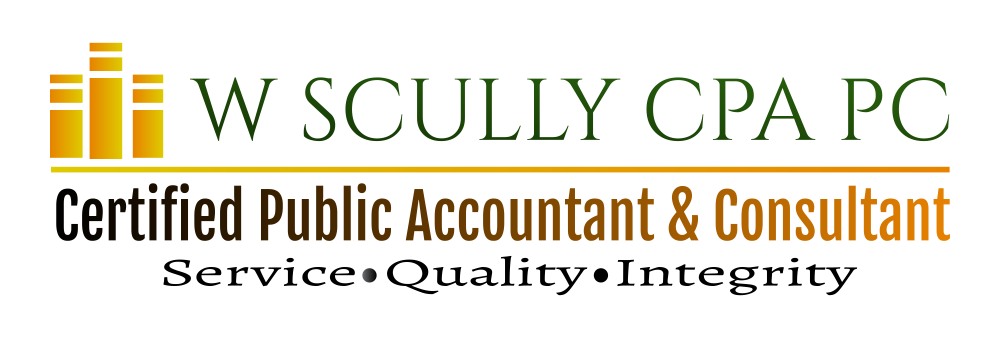
Aerial view of Jamaica, Queens, highlighting the diverse community and investment opportunities for low-income housing development.
Tax Benefits: Investing in Low-Income Housing in Jamaica, Queens
Are you seeking investment opportunities that combine financial gains with social impact? Look no further than investing in low-income housing in Jamaica, Queens! This comprehensive guide will explore the tax benefits of doing so, including how Self Directed IRAs can help investors maximize returns while making a positive difference in the community. By investing in affordable housing, you’ll not only build wealth but also contribute to the well-being of local residents. Let Fairstead, one of the top NYC low-income housing developers, be an inspiration to you. Learn about them here: https://fairstead.com/about/
Understanding the Appeal of Low-Income Housing:
Investing in low-income housing goes beyond financial returns; it’s a socially responsible move to address a critical need. With a severe shortage of affordable housing options in urban areas like Jamaica, Queens, investing in low-income housing helps bridge this gap, providing a vital resource for local communities while earning attractive returns.
Tax Advantages of Low-Income Housing Investments:
Investing in low-income housing offers a compelling tax advantage, thanks to the Low-Income Housing Tax Credit (LIHTC) program. This federal initiative provides valuable tax credits to investors who develop or rehabilitate affordable rental housing for low-income households. By offsetting federal tax liabilities, these credits effectively reduce investment costs and enhance overall returns, making low-income housing investments an attractive opportunity for tax-savvy investors.
Utilizing Self Directed IRAs for Low-Income Housing Investments:
Self Directed IRAs provide a flexible and tax-advantaged way for investors to support low-income housing projects. With a Self Directed IRA, investors can diversify their portfolios by allocating funds to real estate investments, including low-income housing properties. By directing IRA funds into these projects, investors can enjoy tax-deferred growth and potentially tax-free distributions, depending on the type of IRA, making it a win-win for both investors and the community. For more about Self Directed IRAs (SDIRAs), check out this blog: https://wscullycpa.com/taxes-and-self-directed-iras-for-jamaica-ny-real-estate-investors/
Maximizing Tax Efficiency:
Investing in low-income housing through a Self Directed IRA offers a tax-efficient strategy for savvy investors. By holding these properties within an IRA, rental income and capital gains can grow tax-deferred, potentially amplifying returns over time. Specifically, tax deferral benefits include:
– Tax-deferred rental income growth within the IRA
– Deferred capital gains upon property sale, as long as proceeds remain within the IRA
This tax-deferred growth can significantly boost investment returns, making low-income housing investments an attractive opportunity for tax-conscious investors.
Navigating Regulatory Requirements:
While investing in low-income housing offers significant tax advantages, it’s essential to navigate the complex regulatory landscape with caution. The IRS has established strict guidelines for IRA investments, including rules governing prohibited transactions and disqualified persons. To ensure compliance and maximize tax efficiency, investors should collaborate with experienced professionals who possess in-depth knowledge of these regulations. By doing so, investors can structure their investments wisely and avoid potential pitfalls, ensuring a successful and tax-optimized investment experience.
Investing in low-income housing yields a double bottom line: financial returns and social impact. By providing access to safe and affordable housing, investors contribute to economic stability, homelessness reduction, and social equity. Additionally, these investments often catalyze local economic growth by creating jobs, revitalizing neighborhoods, and stimulating community development. Through low-income housing investments, individuals can make a positive difference in the lives of others while earning attractive returns.
Investors in low-income housing in New York City and New York State can supplement federal programs like LIHTC with local incentives, maximizing their returns. Local benefits include property tax abatements, grants for affordable housing development, and low-interest loans for rehabilitation projects. By harnessing these incentives, investors can enhance their investment returns while contributing to community development and affordable housing initiatives, creating a positive social impact.
Investors in low-income housing in New York City can benefit from the 421-a tax abatement program, a valuable incentive offered by the city. This program provides significant property tax savings for up to 25 years on qualifying new residential construction or substantial rehabilitation projects in designated areas. By participating in the 421-a program, investors can enhance their investment returns while supporting the city’s affordable housing initiatives. To learn more about this program and its benefits, visit the New York City Department of Housing Preservation and Development (HPD) website at https://www1.nyc.gov/site/hpd/index.page
In conclusion, investing in low-income housing in Jamaica, Queens, offers a unique financial and social opportunity. Additionally, tax benefits through Self Directed IRAs and NYC and NYS incentives can optimize returns. Furthermore, this win-win scenario aligns financial goals with social responsibility, creating a brighter future. Moreover, investing in low-income housing generates strong returns while contributing to community betterment, making it a socially responsible and financially savvy choice.
Are you a real estate professional seeking guidance on tax and retirement planning or accounting? Look no further! Additionally, if you’re struggling to navigate the complexities of tax laws and regulations, I am here to help. Moreover, my expertise in accounting and financial planning can provide you with the support you need to succeed. Please contact Wayne Scully today to learn more about how he can assist you achieve your financial goals.
Visit (https://wscullycpa.com/about/) or e-mail at [email protected] or by phone at 718.938.4601.
Get a FREE! FREE! copy of Wayne’s tax resolution book here: www.getmytaxbook.com
Thanks for reading, “Tax Benefits: Investing in Low-Income Housing in Jamaica, Queens”. Wanna get more of my real estate centric content? Then check out my Real Estate playlist: https://youtube.com/playlist?list=PLaauMNiboYq0VM7kdkx5EqUSPAJ1eLCcp&si=6BuDhWqawCJXhh1n
“I have always liked real estate; farm land, pasture land, timber land, and city property. I have had experience with all of them. I guess I just naturally like ‘the good Earth,’ the foundation of all our wealth.” – Jesse Jones, entrepreneur.
Note: This post, “Tax Benefits: Investing in Low-Income Housing in Jamaica, Queens,” may contain parts generated with the assistance of artificial intelligence. Thank you for reading!

